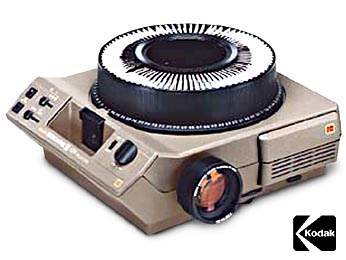First off, let me say I’ve been a proponent of “working out loud” since long before it was called working out loud, even before it was “observable work“, though I didn’t actually have a name for it back then. Since I’m mostly retired, it wasn’t until the end of this week I became aware it was “Working Out Loud Week” and, as a result, decided to look back at the history of the concept. That’s how I came to the two links I’ve shared above. I also know both authors, had encountered their work many years ago, and was not surprised to find them listed among the seminal documents describing either phrase.
I have no desire at this point to write a comprehensive history of the idea and how it’s developed, as well as any prognostication on its future, so I won’t be getting into that. Besides, there are others who are still far more deeply engaged in the day-to-day effort than I, so I think — at least at this point — I can leave that up to them. I will offer, however, I’m a little disappointed at the idea of setting aside one week in which to suggest people all over the world give it a go; believing instead, it’s a concept worthy of continuous admonition and support. Nevertheless, I understand the forces we’re struggling to overcome and the resistance and inertia standing in the way of progress. It’s often necessary to encourage people to take baby steps, get their feet wet as it were. My disappointment doesn’t run terribly deep.
Actually, due to a chance encounter on the interwebs as I was doing this looking back, I mostly wanted to ask a question. To wit:
If last week was “Working Out Loud Week” (#WOLWeek), then what the hell was this? Color me cornfuzzled although, as I have noted, I’m all for #WOLForever. It’s also good to see Ms. Hart provides links to John Stepper’s, Harold Jarche’s, and Luis Suarez’s efforts, but I’m a bit surprised the author is so unfamiliar with Luis she calls him Luis Elsua! That, I suppose, is another story.
PS – I looked a little further and discovered a post of Harold’s that refers to the post of Jane Hart’s I refer to in the paragraph above. So . . . now that I’m dizzy and, really, a bit delighted at the cross-referrals, I’ll leave my original question. I remain curious as to how we got two #WOLWeeks, but I haven’t the time now to do the research to understand. Maybe someone will actually comment on this post and help me out. In the meantime, I’m glad the concepts of observable and narrated work are getting the attention they deserve. It is a very important aspect of knowledge management and essential to building and maintaining high performing communities, IMO.




